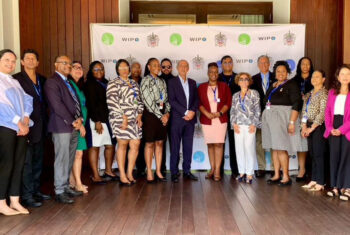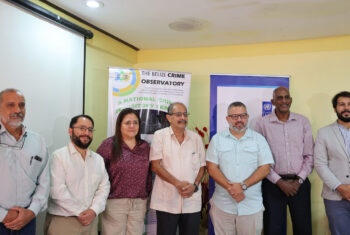Belmopan. February 11, 2021. 4:00 p.m.
As the Government of Belize continues its consultations with social partners in the public and private sector, the Ministry of Finance has released the findings of a preliminary analysis into the state of the nation’s economy to date.
Please note below:
- Average income per person (real GDP per capita) has fallen steadily since 2008, from $7,412 in 2008 to $7,040 by 2019, and then plummeting to $5,843 in 2020.
- The dramatic fall in average income per person to $5,843 in 2020 has reduced our income levels to as low as it has been way back in 1992, over 28 years ago.
- Unemployment has almost tripled in 2020, from 10.4% to almost 30%.
- With underemployment also increasing from 22.7% to 38%, almost 68% of the labour force is left looking for work.
- Belize’s unemployment rate is more than triple the average unemployment rate throughout the Caribbean and more than quadruple that of Central America.
- Government revenues fell by almost 30% or over $300million in 2020.
- 36 cents out of every dollar spent on government expenditures is being borrowed to make payments.
- 83 cents out of every dollar of government revenues is being spent on wages, salaries and pensions.
- Wages and salaries have almost tripled – from $234million in 2008 to $684million in just 12 years.
- Heightened spending coupled with revenue shortfalls led to financing requirements of over half a billion dollars in 2020.
- It took four successive administrations from independence to 1998 for the government to accumulate $700million of debt while it took the last government one year to rack up financing requirements of over $500million in 2020.
- Since 2008, government debt has increased by almost $2billion with domestic debt more than tripling from $333million to $1.3billion and external debt other than the superbond more than doubling from $830million to $1.77billion.
- At 134.1%, Belize now has the highest debt-to-GDP ratio in the entire Caribbean and Central American region.
Ends


